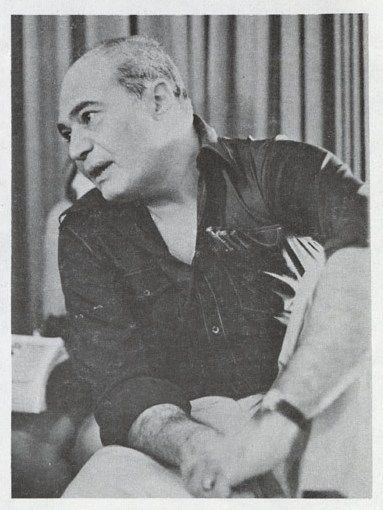Mark Evanier has a fascinating, and unflinching, assessment of a period of Carmine Infantino's storied comics career that's gone largely overlooked in the obituaries that have appeared since the artist's death on Thursday: those five years, between 1971 and 1976, when he served as publisher of DC Comics.
It wasn't a great time for the company, or the industry, as newsstand distribution changed, printing costs increased, comics price raised -- from 12 cents to 15 to 25 -- the number of pages increased (with reprint material added to the mix), leading to a drop in sales and, ultimately, Infantino's replacement by Jenette Kahn. (It's also a scenario eerily familiar to anyone who's been reading comics for more than a few years, as publishers struggle time and again to adapt to changes in the marketplace.)
But wait, there's more: "Infantino always insisted he was not responsible for that failed strategy and he certainly didn’t cause the distribution crisis," Evanier writes. "He might have been able to make the company more creator-friendly but maybe not … and even with that impediment, he managed to come up with some pretty good books. What he couldn’t seem to do was to keep them running long enough to find an audience. The minute it was clear or even suspected something new wasn’t selling as well as Batman, it was terminated. A few comics were even, quite literally, cancelled before there were any sales figures in on them at all [...] A lot of those books were terrific. True, Green Lantern/Green Arrow by O’Neil and Adams only lasted fourteen issues but with a different man in charge, it might not have existed at all. Give him credit for that. Give him credit for helping move comics into a new era by among other things, treating covers as intended works of art rather than copy-heavy sales pieces. Give him credit for all the new careers that were launched during his time in charge. And a lot of comics that were considered flops during his regime — considered that by him as well as others — are still with us, some reprinted time and again in expensive hardcover editions with their characters turning up in other media and current comics. Time-Warner is now making a lot of money off some of Carmine’s 'failures.'"
Really, you should read the whole piece.


